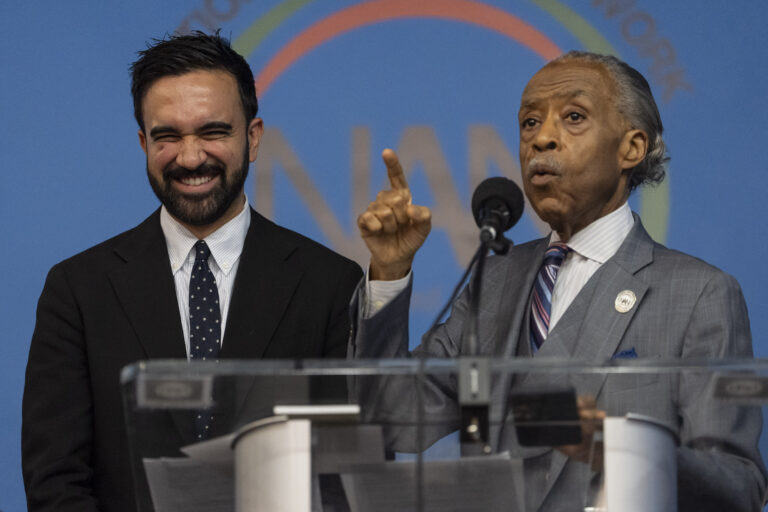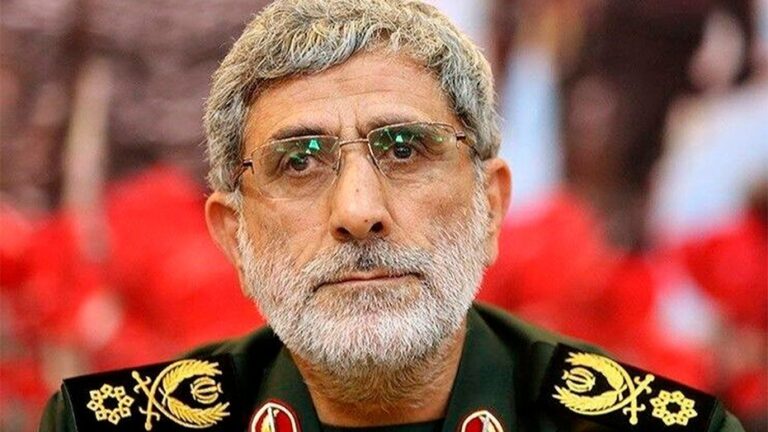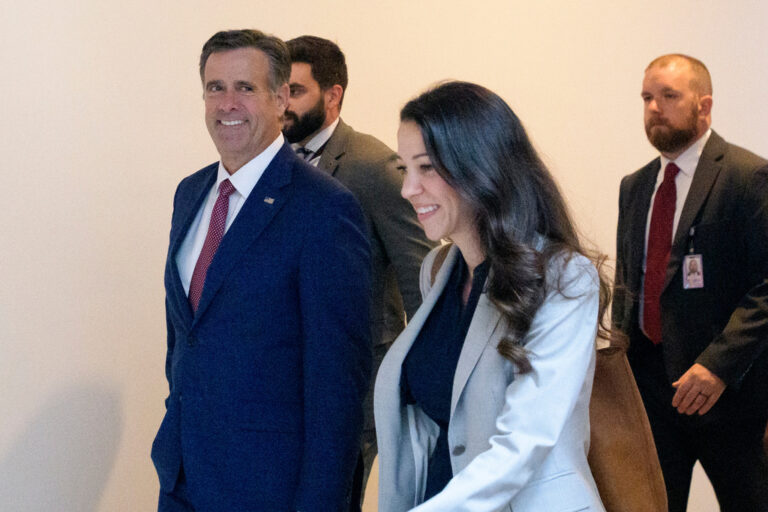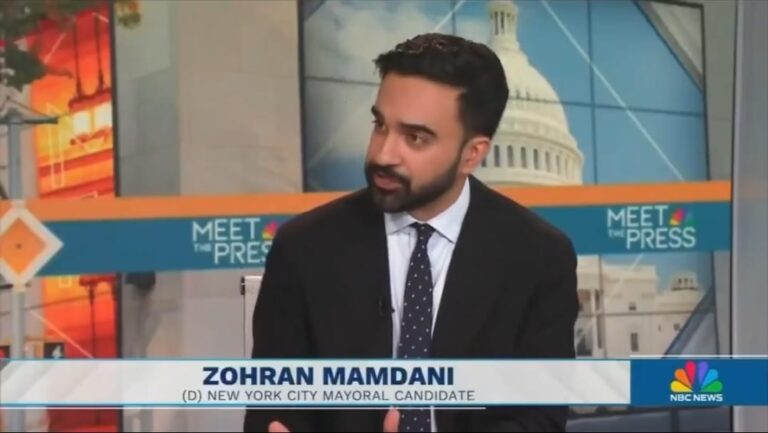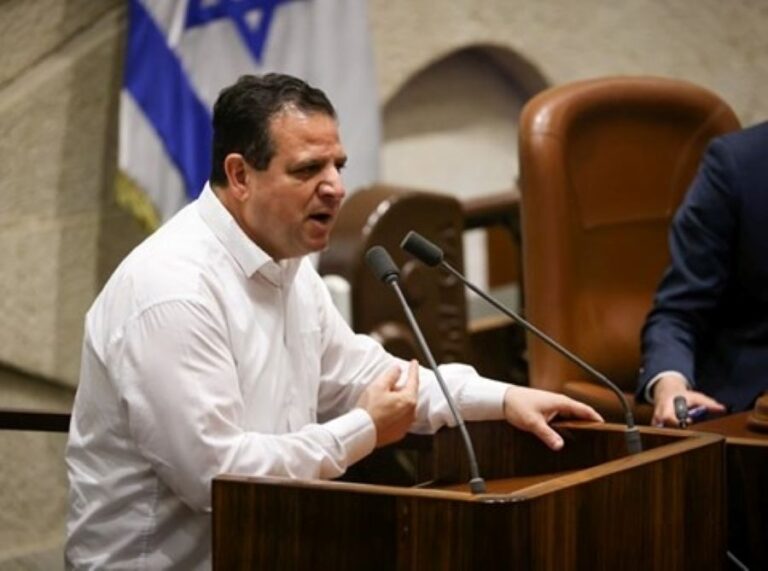This week’s Sedra begins on the third day of Avrohom Avinu’s recovery from Bris Mila. The Torah tells us that Avrohom Avinu was sitting at the doorway of his tent כחם היום ‘during the heat of the day’. Rashi explains that Avrohom Avinu was sitting at his doorway in order to see if there were any passersby to invite in for a bit of respite. Rashi explains that this day wasn’t just an ordinary hot day. Rashi says that Hashem took the sun out of its protective layer so as to make the day a particularly hot one. This, explains Rashi, made it impossible for anyone to survive outside thus making guests an impossibility for a recovering Avrohom Avinu.
It seems from Rashi that Hashem made it extra hot during Avrohom Avinu’s recovery period precisely so that he would not have to host wayfarers. There seems to be some irony here: by keeping Avrohom Avinu from having guests through such means was Hashem not also making it enormously hot for him? Would this not severely slow Avrohom Avinu’s healing?
Chazal tells us (Megila and in other places) that there are really only two Mitzvos for whose sake we are Mevatel Talmud Torah (that take precedence over Torah study): Hachnosas Calah (assistance with regard to a wedding) and for Hotzaos Hamais (aiding in burial). It would seem then that one should not set aside Torah (be mevatel Torah) for the sake of bringing in guests (Hachnosas Orchim). If this is so, why was Avrohom Avinu busying himself with Hachnosas Orchim instead of learning Torah? Since Hashem was then in the midst of speaking with Avrohom Avinu, does this not mean that Avrohom was actually actively involved in Talmud Torah? If so, how could he be permitted to engage in another Mitzva?
Chazal explain that if a Mitzva that comes our way is a Mitzva Overes (a ‘passing’ mitzvah – meaning that if one would continue to learn rather than do the ‘passing’ mitzvah when it came, one would miss doing the ‘passing’ mitzvah) it is permissible to be mevatel Talmud Torah in order to fulfill that Mitzva Overes. Similarly Chazal Tell us that if there is no one else present who can perform the Mitzva (Ee Efshar al yedai Acher), one should then be mevatel Torah in order to do it.
The mitzva of saving a life always takes precedence over any other Mitzva including Talmud Torah.
Chazal tell us that in the world to come (the world following Bias Hamoshiach) Hashem will take the sun out of its “Nartika”;(There are those who say that this means taking it out of the ozone layer, but we are not sure as to the meaning of ‘Nartika’). Tzadikim will be healed by the sun without the “Nartika” and Reshaim will be burned by it.
Hence here, Hashem’s removal, so to speak, of a natural layer of protection from the sun not only did not harm Avrohom Avinu but actually contributed to his healing. The same unfiltered sunlight that helped Avrohom Avinu created for others a dangerously hot day.
It would seem that Avrohom Avinu made a regular practice of seeking passersby during the heat of the day. It was for him a normal, natural activity, and he did not let his weakened state interfere with this. During these hours his involvement with this Mitzva was both a Mitzva Overes and lifesaving (Pikuach Nefesh). It was a Mitzva Overes because wayfarers needed relief from the extreme heat during that portion of the day. Since there were so few people around, Avrohom Avinu was in all likelihood the only one who could provide food and shelter. Hence, Avrohom Avinu was indeed supposed to be Mevatel Torah to be Machnes Orchim. Furthermore, since being without water in a desert environment in the heat of the day is definitely Pikuach Nefesh, Avrohom Avinu actions were both Machnes Orchim and lifesaving.
Perhaps this is the reason that the Passuk tells us ‘Kechom HaYom’ and not Bechom HaYom because it is making a reference to the fact that Avrohom Avinu did this regularly.
Avrohom Avinu busied himself with Chessed when it was absolutely necessary and when it was appropriate; he involved himself in it even if it was most inconvenient – in the heat of the day; and he did so regularly.
As Torah abiding Jews we are required to do Chessed. This does not mean only when it is convenient. It may be even at the most difficult of times or with the most unpleasant people. Chessed is compelling, but at the right time.
A very warm Good Shabbos, Rabbi Y. Dov Krakowski


